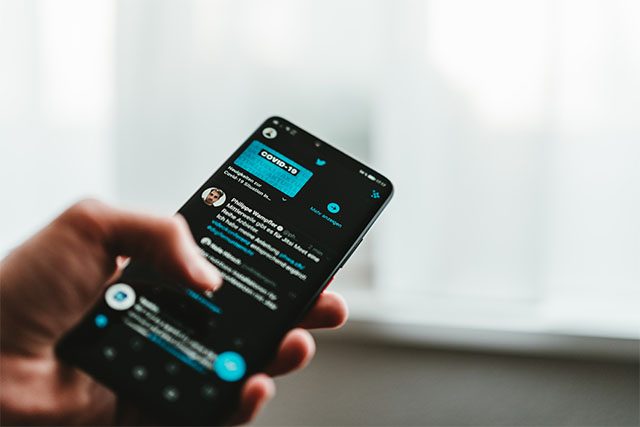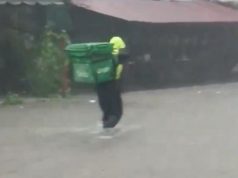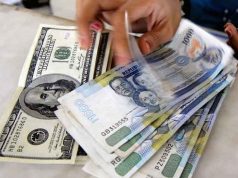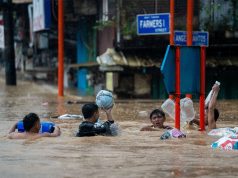A Filipino physician-scientist based in Zurich, Switzerland is one of the medical professionals leading the COVID-19 conversation worldwide, according to an influencing marketing platform.
In mid-March this year, influencing marketing platform Onalytica featured Melvin Sanicas, who specializes in infectious disease and global health, as among the top 100 medical professionals influencing the COVID-19 conversations globally. He ranked 93rd.
“Since December 1st, there have been 264 million Tweets around the Coronavirus, and the numbers are still growing. We’re still only at the beginning of this upheaval. Healthcare organizations need to start engaging with people who can deliver their messages, in the manner required, to the people who need to hear them – influencers are the way to do this,” Onalytica said.
Onalytica analyzed COVID-19 topic authority through social engagement on Twitter and how much the profiles have been referenced on social media, looking at their resonance or engagement), relevance through number of number of posts, and reach or number of followers, according to Sanicas.
The physician said he has been following COVID-19 back when it was called 2019-nCoV. He previously wrote some articles about the new pathogen.
“I have been working on respiratory pathogens for over a decade now and ever since a ‘new pneumonia outbreak’ has been reported end of December I have been closely following this topic. I have attended all WHO (World Health Organization) press briefings since January 2020,” Sanicas told Interaksyon.
Getting to know the ‘influencer’ doc
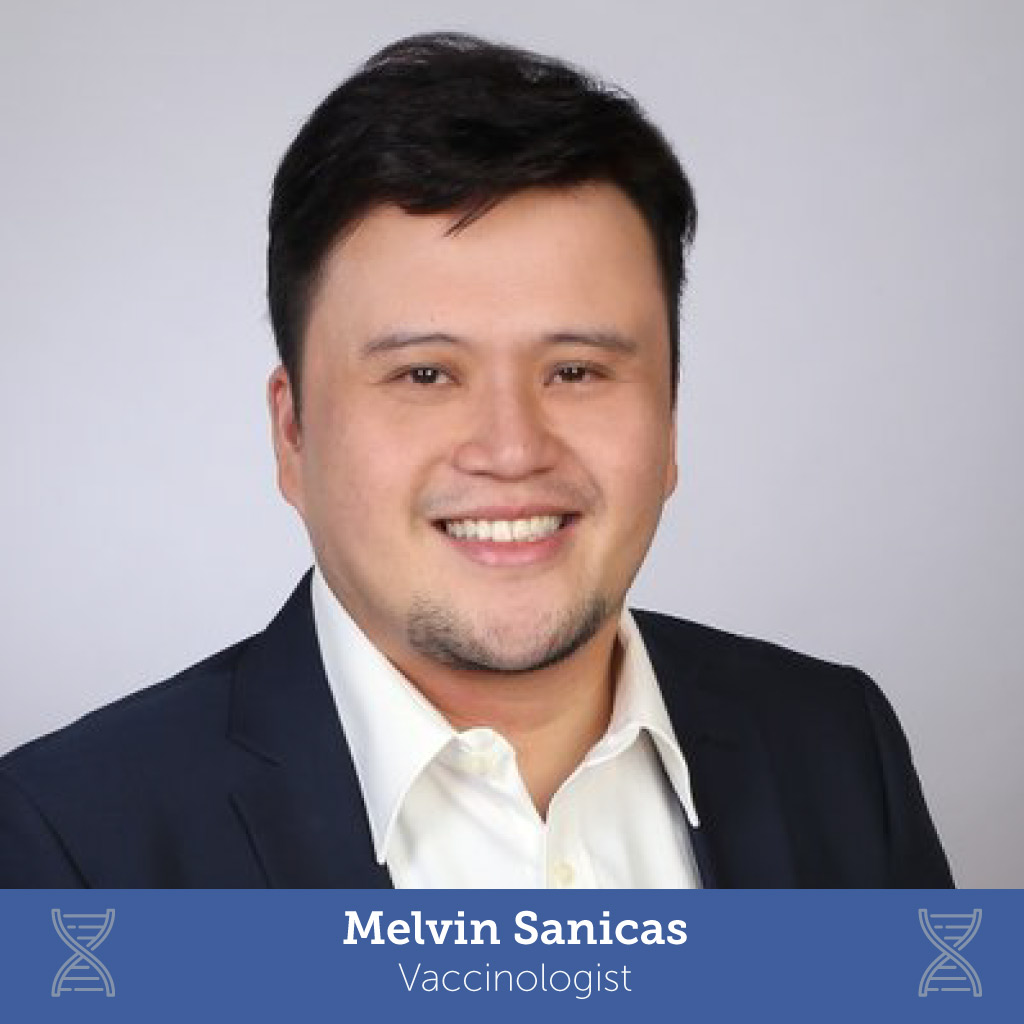
Sanicas is a graduate of Biology and has medical degree from the University of the Philippines Manila.
He earned postgraduate degrees degrees in Vaccinology and Pharmaceutical Clinical Development (Università di Siena, Italy), Infectious Diseases (London School of Hygiene and Tropical Medicine, UK), Health Economics (University of Aberdeen, UK), Clinical Risk Management (University of Leeds, UK), and public leadership (Harvard Kennedy School, US).
This Filipino doctor was also a fellow at the following:
- Gates Fellow in Global Health at the Bill & Melinda Gates Foundation in Seattle, Washington
- Fellow of the Royal Society of Tropical Medicine and Hygiene
- Fellow of the Royal Society for Public Health
- Fellow for the Royal Society of Arts.
Science-based information drive
While based overseas, Sanicas is also utilizing his social media accounts to inform the public on COVID-19 developments through his self-initiated information drive. He usually gives updates on COVID-19 news on his Twitter and Facebook accounts.
Sanicas said it is important to provide the public “science-based information.”
“In this post-truth era we live in, the validity of facts is challenged by misinformation. I believe scientists should make greater efforts to engage with the public and speak up more for science,” the physician-scientist said.
“I know that people are searching for clear facts and answers to questions that could help them protect themselves and their families so I thought I could provide science-based information without the unnecessary hype,” he added.
Asked how the Philippines fares in terms of its information initiatives, Sanicas said that just like the rest of the world, Filipinos are getting fake news, misinformation and disinformation from social media and messaging apps.
“From conspiracy theories, to selling fake coronavirus cures online to a cyberattack on hospitals’ critical information systems, criminals are exploiting the COVID-19 crisis,” the physician said.
“Beyond the COVID-19 topic, this has been happening the past few years with social media and in part because of confirmation bias – the tendency in all of us to believe stories that reinforce our convictions,” added.
Sanicas said the WHO and the Department of Health “are doing their best to address misinformation and unverified claims concerning the pandemic but infodemic (a term was coined by WHO) is spreading faster than the coronavirus.”
He added that communication in times of crisis is both “challenging” and “confusion” and can spur speculation and conspiracy theories.
To improve this, the physician-scientist advised communicators in the country to deal with facts.
“This is very challenging in the current situation where there are things we know (known), things we don’t know (unknown), things we know that we don’t know (known unknown) and things we don’t know that we don’t know (unknown unknowns) – we should acknowledge these things,” he said.
Sanicas instead recommend the following websites that give reliable news and information on COVID-19 other than the official website of the DOH and its social media accounts:
| Organization | Website |
| World Health Organization | https://www.who.int/emergencies/diseases/novel-coronavirus-2019 |
| US Centers for Disease Control and Prevention | https://www.cdc.gov/coronavirus/2019-ncov/index.html |
| European Centre for Disease Prevention and Control | https://www.ecdc.europa.eu/en/novel-coronavirus-china |
| European Medicines Agency | https://www.ema.europa.eu/en/human-regulatory/overview/public-health-threats/coronavirus-disease-covid-19 |
| The New England Journal of Medicine | https://www.nejm.org/coronavirus |
| Johns Hopkins CSSE COVID19 tracker | https://systems.jhu.edu/research/public-health/ncov/ |
He also said he is following several Filipino medical professionals that the public can also follow on social media.
“For COVID-19, I follow a lot of Filipino medical professionals: Dr. Edsel Salvana @EdselSalvana, Dr. Gia Sison @giasison, Dr. Mia Fojas @Endocrine_ph, Dr. Iris Thiele Isip Tan @endocrine_witch, Philippine Society for Microbiology and Infectious Diseases @psmidorg and many others,” Sanicas said.
“If you type #HealthXPh on Twitter and you will see the other medical and science professionals that you can follow for COVID-19,” he added.

